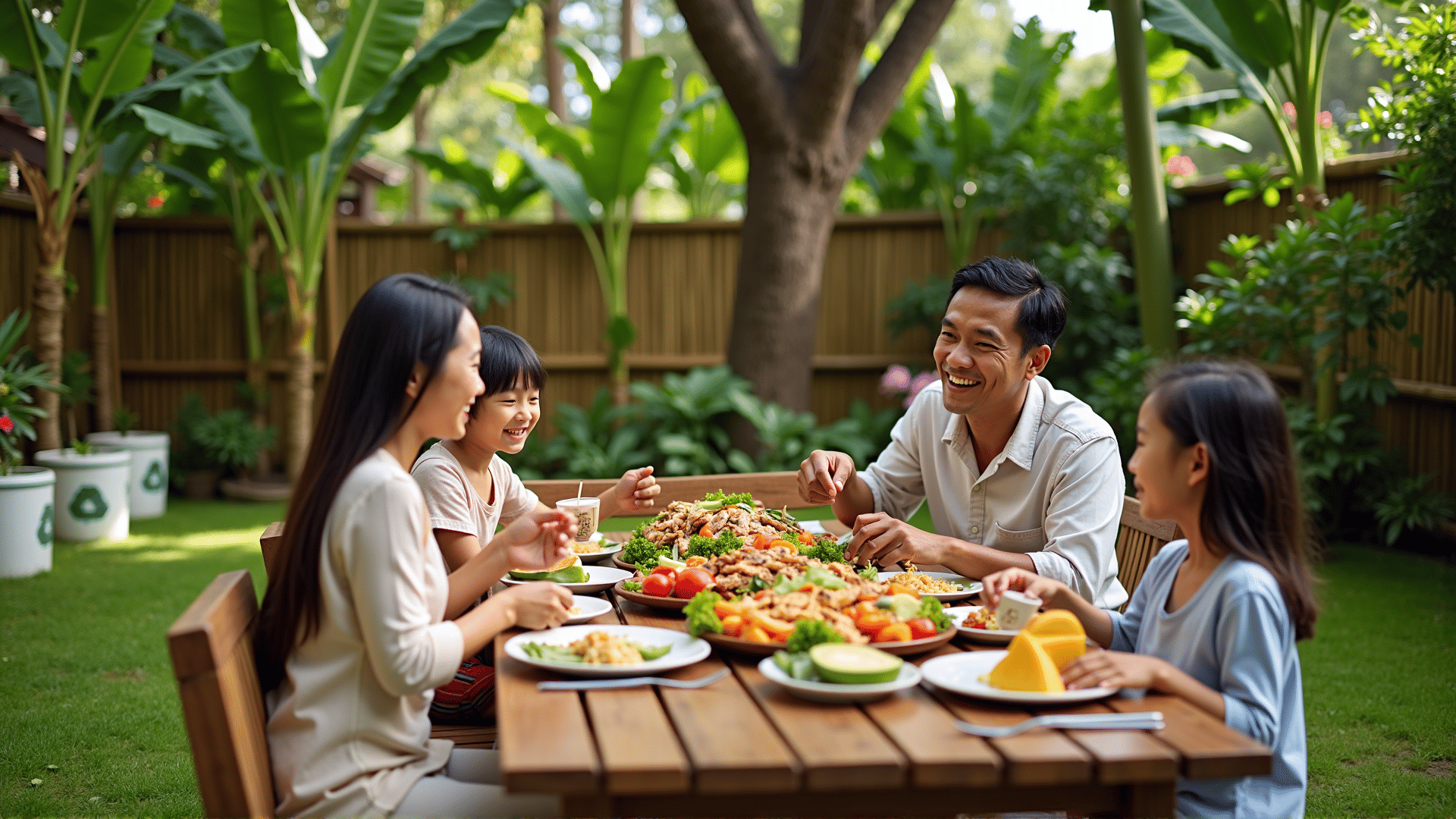In the vibrant archipelago of the Philippines, where natural beauty and cultural richness abound, an increasing number of individuals are turning their focus toward sustainable living. Smart consumption is a philosophy gaining traction, aiming to promote sustainability and lessen environmental impact. Rooted in age-old practices and evolving modern strategies, here are a few practical tips drawn from a Filipino perspective.
Embrace Minimalism
In households across the Philippines, minimalism isn't just about reducing clutter; it's about valuing what you have. Filipinos often practice this through "pasalubong" (gifts) and "pamana" (inheritance), choosing quality over quantity. By prioritizing essential needs and letting go of excess, individuals can significantly reduce their ecological footprint.
Support Local Artisans
One of the most effective ways to promote sustainability is by supporting local artisans and producers. From handcrafted goods to locally grown produce, these choices help preserve traditional crafts and boost local industries. Additionally, sourcing products domestically minimizes carbon emissions associated with long-distance transportation.
Practice "Bayanihan"
The spirit of "bayanihan," or communal unity, encourages community-based approaches to sustainability. This could mean participating in local clean-up drives, community gardening projects, or even sharing resources, such as tools and appliances, among neighbors. Such collective efforts help build resilient, eco-friendly communities while fostering social bonds.
Tap into Renewable Energy
The natural landscape of the Philippines offers abundant opportunities for renewable energy. From solar panels to wind turbines, leveraging these resources can greatly reduce dependence on non-renewable sources. Filipinos living in rural areas are increasingly creating innovative solutions, like micro-hydro power systems, which are both cost-effective and sustainable.
Adopt Eco-Friendly Transportation
Given the rapid urbanization in cities like Manila and Cebu, exploring alternative forms of transportation can significantly reduce one's environmental impact. Carpooling, using public transportation, or riding bicycles are effective strategies to cut down on emissions. Electric jeepneys and tricycles are also stepping up as green alternatives, preserving beloved elements of Filipino culture while contributing to a cleaner environment.
Practice Farm-to-Table Living
Urban gardening is thriving in many Filipino cities, with families growing their own vegetables in small plots or containers. This not only ensures access to fresh produce but also reduces reliance on commercially grown vegetables that require energy-intensive transport. The "farm-to-table" approach minimizes waste and encourages healthier lifestyles.
Mindful Consumption of Resources
In tropical regions, conserving water and other natural resources is essential. Practices such as rainwater harvesting, using energy-efficient appliances, and adopting "just-in-time" purchasing habits can lead to significant resource-saving. It's about using only what's necessary and being mindful of the impact of our routine actions.
Education and Awareness
Educational campaigns and workshops are fundamental in transforming consumption habits. Filipino schools and communities are increasingly incorporating environmental education into their curricula and activities, instilling sustainability values at a young age. Greater awareness paves the way for informed choices that support both personal well-being and environmental health.
In a world where the call for sustainability grows louder each day, embracing smart consumption from a Filipino perspective beautifully blends cultural heritage with modern innovation. By adopting these practical tips, individuals can contribute to a greener, more sustainable future while honoring the profound connection between humanity and the Earth.
